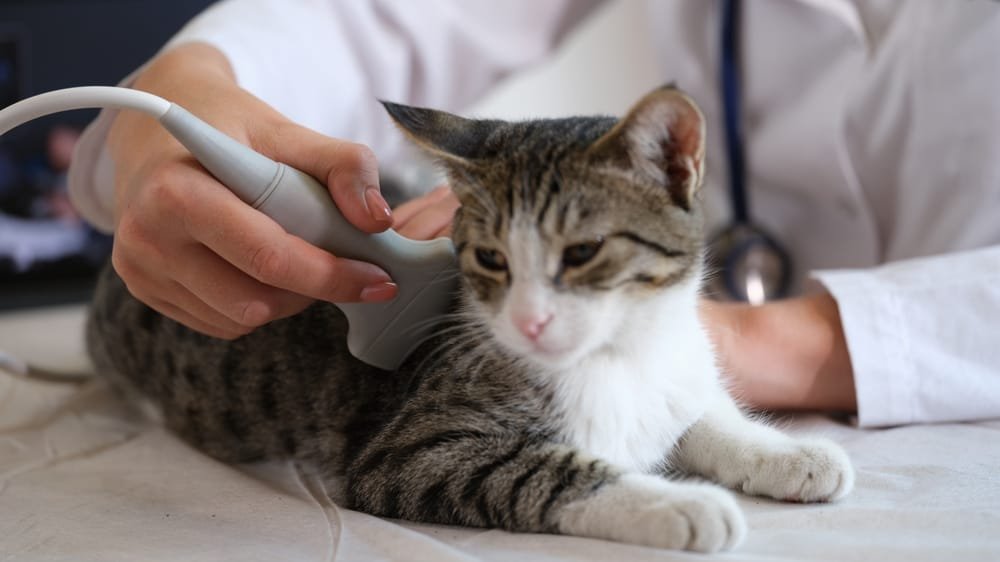When your small pet shows signs of illness, it can be worrying. You want answers, relief, and a plan. At an animal clinic in Silver Spring, skilled veterinarians are ready to guide you through each step. They observe your pet, listen to your concerns, and perform simple tests. These professionals pinpoint the problem using experience and care. They do not rely on complex jargon or unnecessary procedures. Instead, they focus on what matters: your pet’s health. After determining the issue, they explain treatment in clear terms. You’ll receive practical advice on medication and care. Remember, your pet depends on you. With our help, you can ensure they thrive. You and your pet are not alone on this journey. You have a team dedicated to providing heartfelt support and solutions. Whether it’s a routine check-up or addressing an illness, trust in the expertise offered at these clinics.
Initial Assessment
When you bring your pet to the vet, the first step is observation. Vets look for signs like limpness, lethargy, or changes in behavior. They check for physical symptoms such as swelling or discharge. A simple check-up reveals much about your pet’s health.
Diagnostic Tests
Vets use tests to confirm their findings. Common tests include blood tests, urine tests, and X-rays. Each test provides different insights. Blood tests reveal infections or organ issues. Urine tests identify problems like urinary tract infections. X-rays show bone or organ problems. These tests are quick and often painless.
Diagnosis
Once the vet gathers information, they diagnose the issue. This part involves piecing together symptoms and test results. A diagnosis explains what is wrong with your pet and what caused it. This clarity is crucial for effective treatment.
Treatment Options
Treatment depends on the diagnosis. Options include medication, surgery, or lifestyle changes. Medication is common and often the first step. It treats infections, relieves pain, or manages chronic conditions. Surgery might be necessary for more serious issues like tumors or broken bones. Lifestyle changes include diet adjustments or increased exercise.
Regular Check-ups
Routine visits are important. They help catch issues early and ensure ongoing health. During these visits, vets check your pet’s weight, teeth, and overall condition. Vaccinations and deworming are also key parts of regular care.
Cost Considerations
Caring for a pet involves costs. Regular check-ups are generally affordable. However, complex tests or surgeries can be expensive. Consider pet insurance or saving for unexpected expenses. Always ask about costs upfront so you can plan accordingly.
Common Illnesses in Small Animals
| Illness | Symptoms | Treatment |
| Respiratory Infections | Sneezing, coughing, nasal discharge | Antibiotics, rest, fluids |
| Gastrointestinal Issues | Vomiting, diarrhea, loss of appetite | Diet changes, hydration |
| Skin Conditions | Itching, redness, hair loss | Topical treatments, allergy management |
Communication with Your Vet
Communication is crucial. Share all symptoms, no matter how small. Ask questions if you’re unsure about anything. Understanding the treatment plan helps you care for your pet better.
Resources and Support
You’re not alone in caring for your pet. Use resources like the American Veterinary Medical Association for guidance. Local support groups or online forums can offer advice and shared experiences.
In conclusion, diagnosing and treating illnesses in small animals requires observation, simple tests, and effective communication. Veterinarians offer more than just medical care; they provide peace of mind. Trust their expertise and keep informed. Your pet’s health is a partnership between you and the veterinary team. Prioritize their well-being and know that help is always available.

